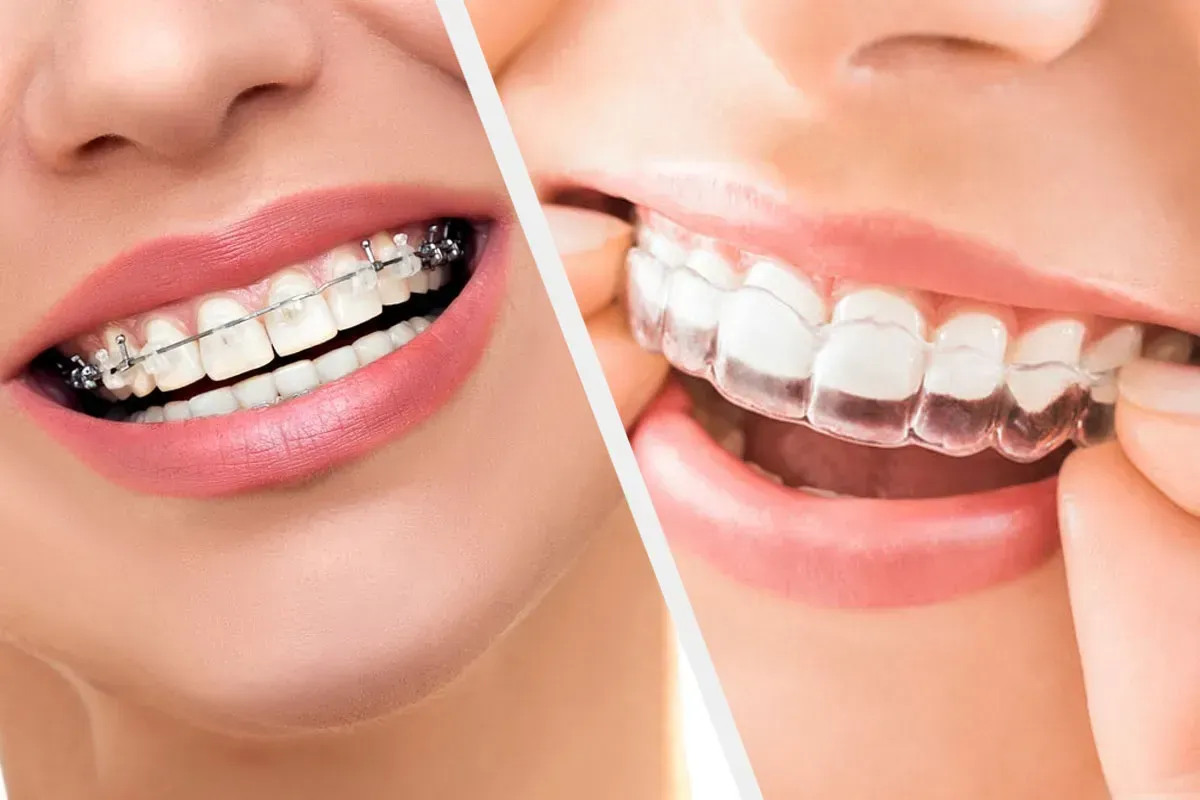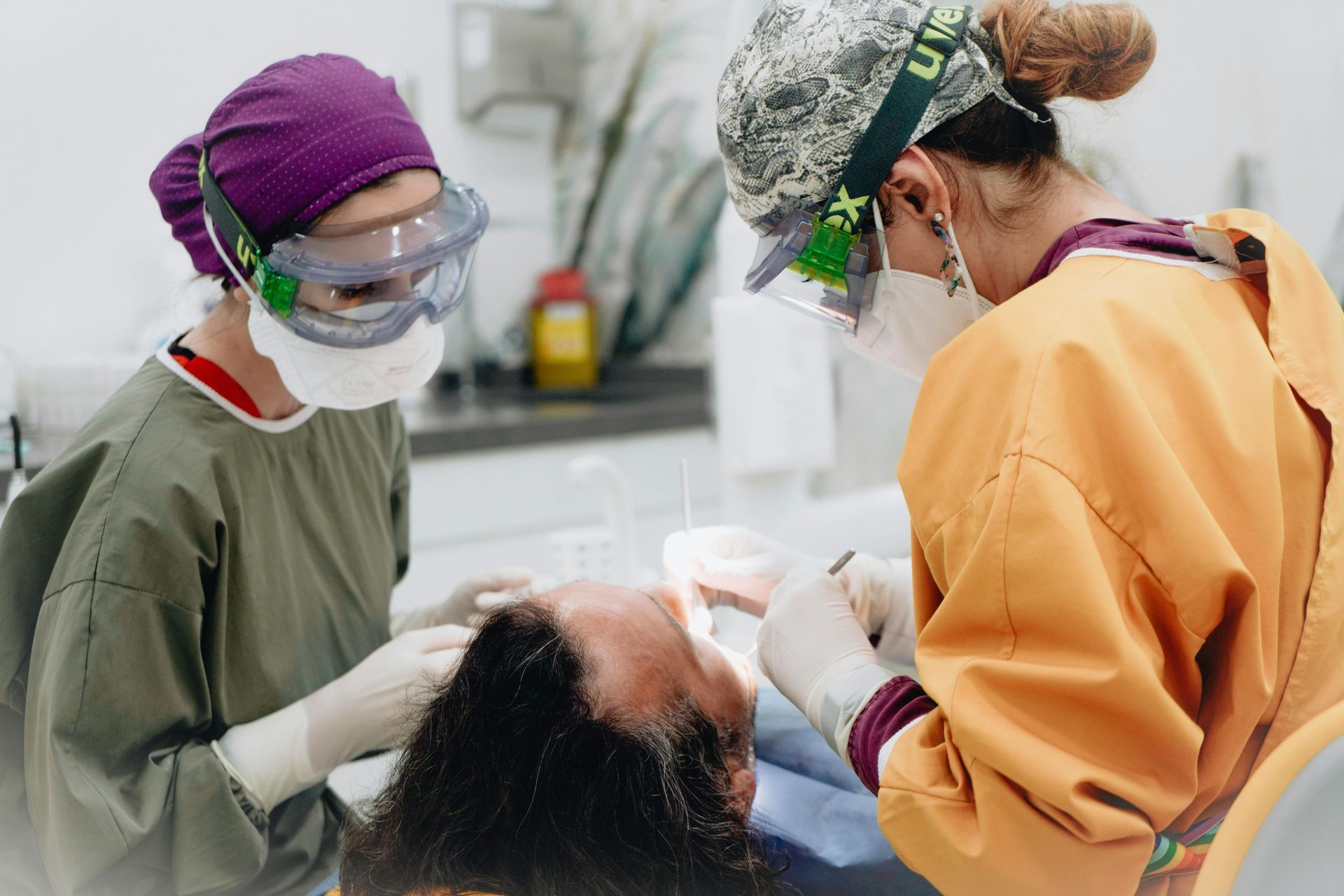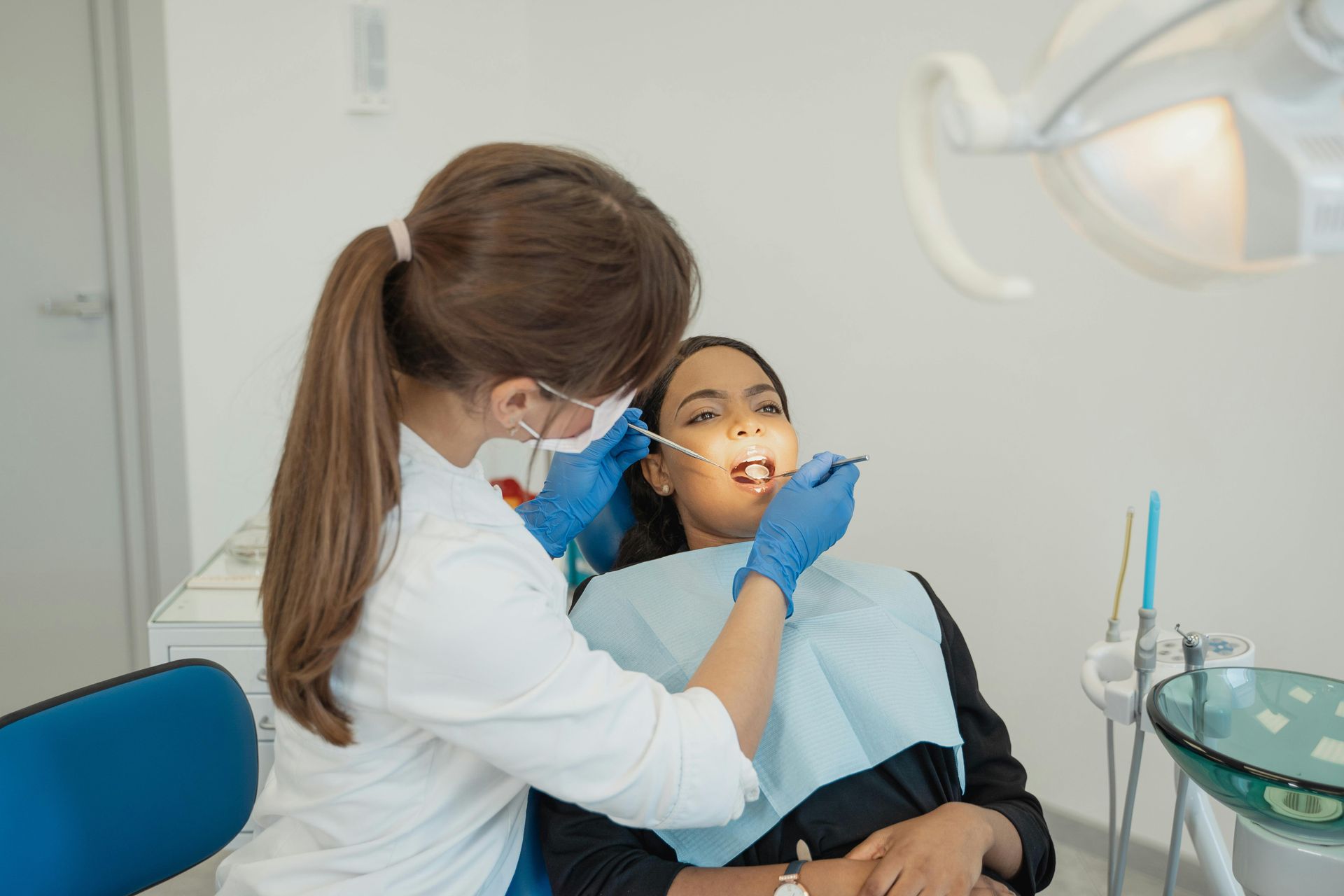Which countries have the best dental health
Countries with the Best Dental Health
Every smile tells a story, and behind each one, there's a silent narrative of dental health care practices across the globe. When it comes to optimal oral hygiene, not all countries are created equal. This article delves into a topic we may take for granted: which nations lead the way in dental health and why?
From the icy Nordic countries to the sun-kissed Mediterranean shores, oral health varies widely, influenced by a mosaic of factors. We'll traverse the globe, examining the hallmarks of countries that boast the brightest smiles, underpinned by access to care, lifestyle, and education. But what standards do we use to measure this, from the number of cavities to periodontal health?
Diving into this analysis, we'll uncover the underlying components contributing to top-notch oral health, the disparities that exist between nations, and the burgeoning industry of dental tourism. Welcome to a journey through the world of glistening grins and frowns turned upside down, as we reveal the secrets behind the best dental health countries.
When it comes to dental health, some countries stand out for their extraordinary records. These nations typically showcase high standards of dental care, low prevalence of oral diseases, and commendable oral health practices among their citizens. Among these front-runners, European countries often lead the pack. Many have implemented robust dental health systems, offering high-quality dental services and treatments that contribute to the population's excellent oral health. Additionally, American countries like Costa Rica have emerged as popular dental tourism destinations, providing affordable yet high-quality dental care to both locals and visitors. Let's delve into which countries boast the best dental health and explore the factors contributing to their success.
Ranking Criteria for Dental Health
Evaluating a country's dental health involves a multifaceted approach. Ranking criteria include the prevalence of gum disease and tooth decay, the access to and quality of dental services, and measures of oral hygiene such as the percentage of the population who brush and floss regularly. Additionally, oral health disparities - gaps in dental health status across different socioeconomic groups - play a critical role in assessing a country's overall dental health. Other factors include the average number in dental clinic visits, investment in public dental health initiatives, and the rate of dental treatments per capita. Together, these criteria provide a comprehensive picture of a nation's oral health status.
Denmark
Denmark is often cited as a country with exemplary dental health. Danish citizens have some of the healthiest teeth globally, attributed to widespread practices of good oral hygiene and a strong dental health system. Regular dental check-ups are a norm, and there's a high emphasis on preventative care to avoid oral diseases. According to the World Health Organization (WHO), Denmark boasts low levels of tooth decay and gum disease, with oral health measures being routinely implemented within their healthcare policies. This is reflected in their health infrastructure, where access to high-quality dental treatments is readily available at competitive prices.
Germany
Germany stands out as another European country with superior dental health. German's dental care system is renowned for its efficiency and quality, offering extensive coverage through mandatory health insurance. This system promotes both preventative and restorative dental treatments, leading to lower incidences of oral disease. Studies indicate that the German population has a low rate of tooth loss and their oral health measures, such as the German Oral Health Study (DMS), consistently show improvements in the population's dental health. In addition to widespread education on dental hygiene, German dental clinics are equipped with the latest technology, contributing to the nation's high dental health status.
Sweden
Sweden's population also exhibits some of the healthiest teeth on a global scale. Strong oral health policies and a deep commitment to education and prevention have placed Sweden at the forefront of dental health. The country has a unique dental care subsidy system that makes dental services affordable for all age groups, resulting in high dental care utilization rates. Swedish citizens benefit from access to excellent oral hygiene products and are among the most regular attendees of dental checks. The low prevalence of tooth decay and gum disease further underscores Sweden's success in maintaining top-tier dental health standards.
Factors Influencing Dental Health
Dental health is shaped by a myriad of interconnected factors that vary from access to professional dental services to individual behaviors and habits. Broadly speaking, the key determinants include access to dental care, the execution of oral hygiene practices, the implementation of water fluoridation, the influences of diet and nutrition, and the levels of education and awareness. Together, these elements contribute to the prevalence of healthy or unhealthy teeth within a population and can either propel a country to the apex of dental health standings or serve as obstacles that need to be overcome.
Access to Dental Care
Access to dental care is a cornerstone of good oral health. At its most fundamental, this refers to the availability and affordability of dental services, including preventive, diagnostic, and treatment procedures. Notably, countries with robust public health systems typically provide better access to dental care, with universal coverage schemes or subsidies ensuring that dental services are attainable for a wider segment of the population. Conversely, countries where dental care is predominantly private can present barriers such as high out-of-pocket costs, leading to disparities in oral health outcomes across different income groups.
Oral Hygiene Practices
The habitual actions of brushing and flossing teeth play a significant role in maintaining dental health by preventing the build-up of plaque, which if left unchecked, leads to tooth decay and gum disease. Oral hygiene practices are individual behaviors but are also influenced by cultural norms and educational backgrounds. The best dental health is often found in countries where good oral hygiene is instilled from a young age and reinforced through public health campaigns.
Water Fluoridation
Water fluoridation, the controlled addition of fluoride to a public water supply, is a proven public health measure for the prevention of tooth decay. Fluoride helps to rebuild and strengthen tooth enamel, and its presence in drinking water is akin to a constant ‘repair kit’ for teeth. While not universally adopted due to varying public policies and perspectives, countries that practice water fluoridation typically report lower instances of dental cavities among their population.
Diet and Nutrition
What we eat and drink has a significant impact on our dental health. Diets high in sugars and acids are a direct contributor to dental caries, commonly known as cavities. On the flip side, a diet rich in calcium, phosphorus, vitamin D, and other nutrients helps maintain strong teeth and healthy gums. In societies with healthier diets, typically lower in processed foods and sugary beverages, there is a notable correlation with better dental health.
Education and Awareness
Education about dental health and awareness of its importance start at the individual level but are heavily influenced by national campaigns and the education system. Knowledge about proper dental hygiene techniques, the impact of diet on oral health, and the necessity of regular dental check-ups is fundamental in preventing oral diseases. The countries that have integrated oral health education into their broader healthcare education programs often boast some of the healthiest teeth, as informed citizens are more likely to take proactive steps in maintaining their dental hygiene.
Through an understanding of these factors, it becomes clear why some nations excel in dental health while others face more significant challenges. Providing equitable access to dental care, promoting healthy lifestyles, and empowering people with knowledge are all key strategies in the ongoing quest to improve oral health outcomes worldwide.
Dental Tourism and Popular Destination Countries
Dental tourism has become an increasingly attractive option for those seeking high-quality dental care at more affordable prices. Numerous countries have positioned themselves as attractive destinations for a variety of dental treatments, blending vacation time with the opportunity to address oral health needs. Key elements making these countries popular include competitive prices, experienced dental professionals, state-of-the-art facilities, and the allure of a recovery period set against a backdrop of beautiful landscapes or vibrant city life.
Some of the most renowned dental tourism destinations span across different continents. From Central America to Southeast Asia, the allure of cost savings without compromising on the quality of care has resonated with many international patients. Noteworthy destinations include:
- Costa Rica: Renowned for its scenic beauty and biodiversity, Costa Rica also offers a full suite of dental services at a fraction of the price one would pay in the North American countries. San José, its capital city, is dotted with modern dental clinics catering to visitors.
- Thailand: Bangkok, Thailand's bustling capital, is home to many high-end dental clinics known for cosmetic and restorative dental work, often at highly competitive rates compared to Western countries.
- Hungary: Budapest, the capital city, is sometimes referred to as the dental capital of Europe, offering services from implants to full mouth restorations with a substantial price advantage.
Whether one is seeking routine or specialized dental care, Budapest's mix of professionalism, affordability, and culture presents an alluring package for dental tourists. Furthermore, with its ancient thermal baths and rich historical sites, patients can relax and rejuvenate amidst a city steeped in grandeur.
If you would like to schedule your check-up, call us today at 416-222-82-96 to make an appointment for a general check-up and detect possible warning signs. At Wexford Dental, dentistry in Scarborough we offer only what you need.












